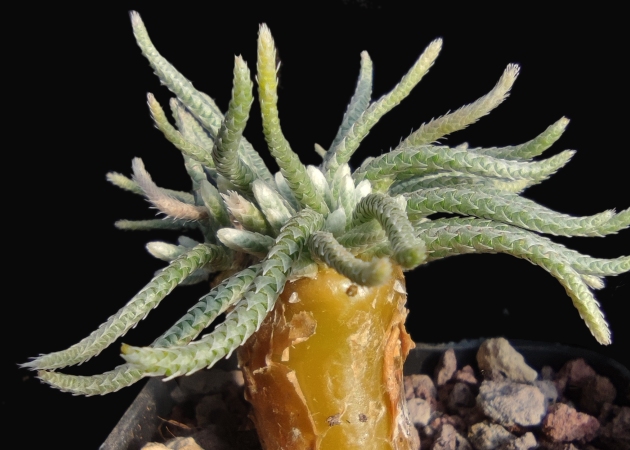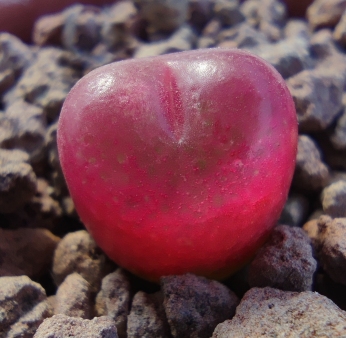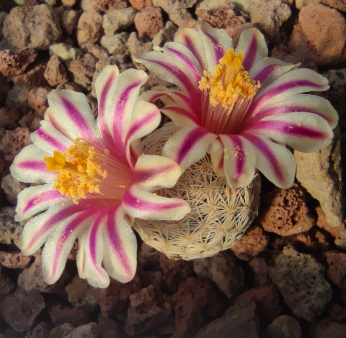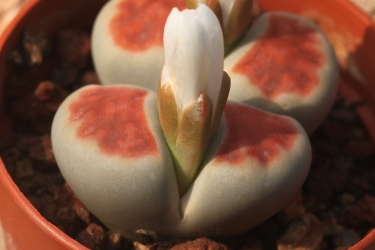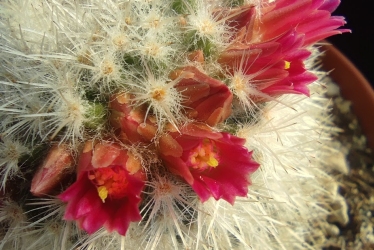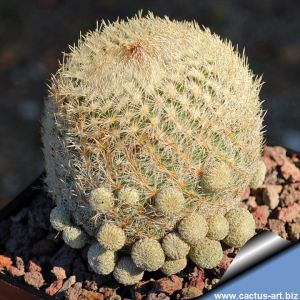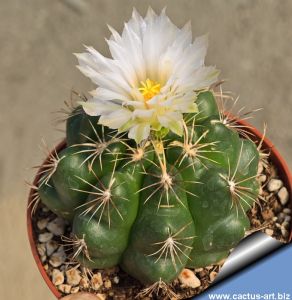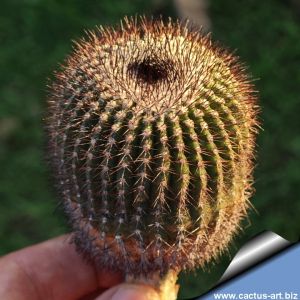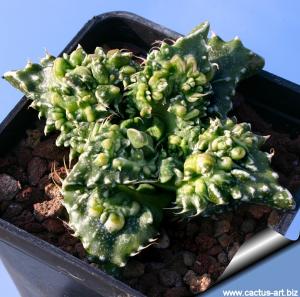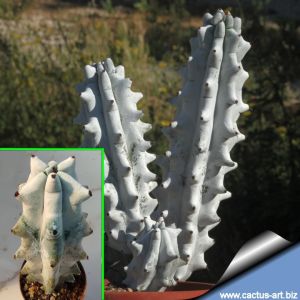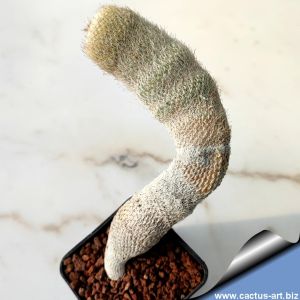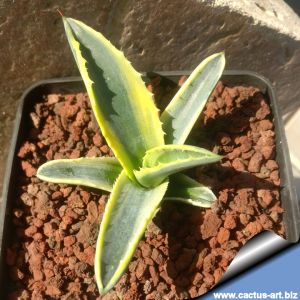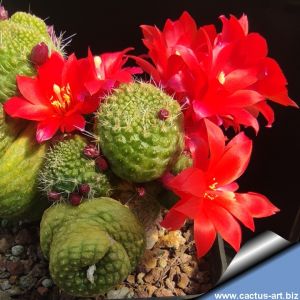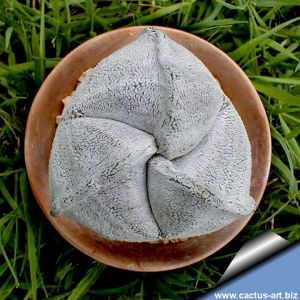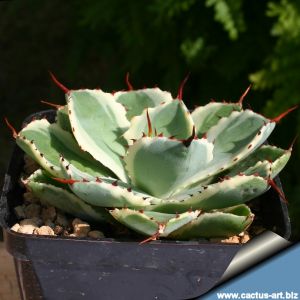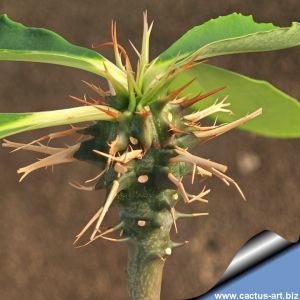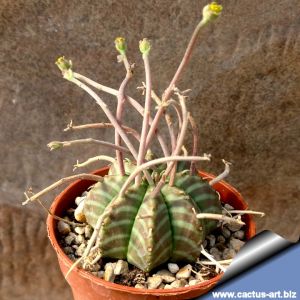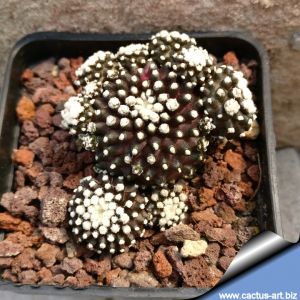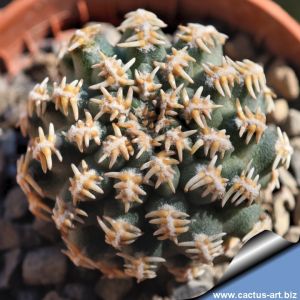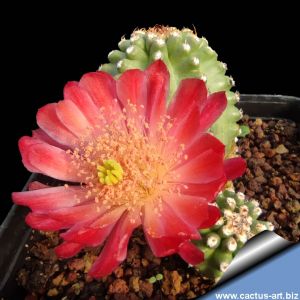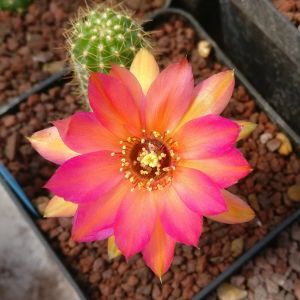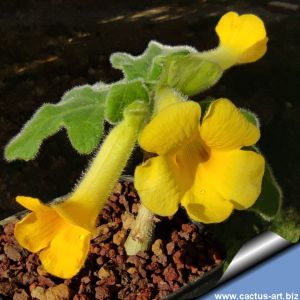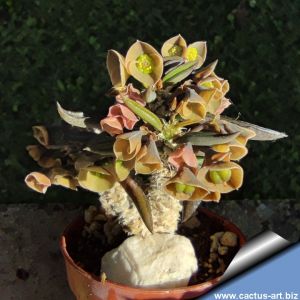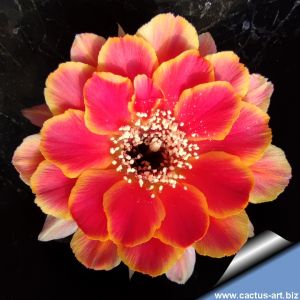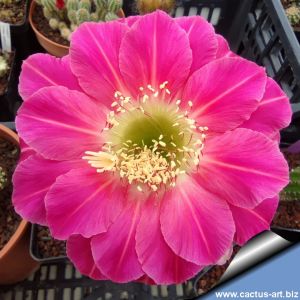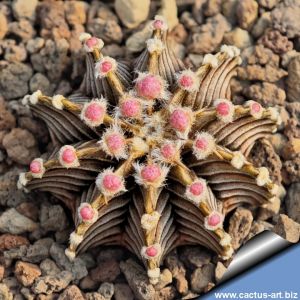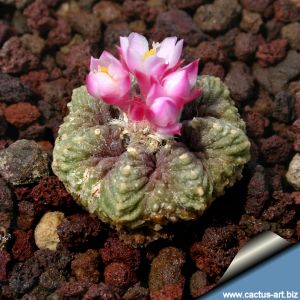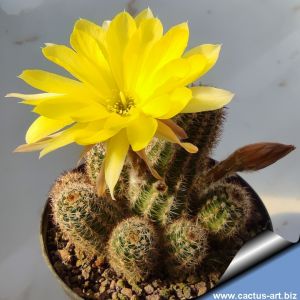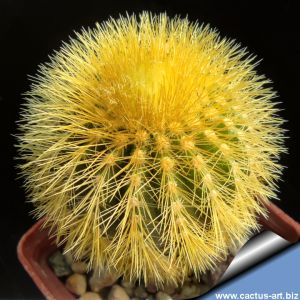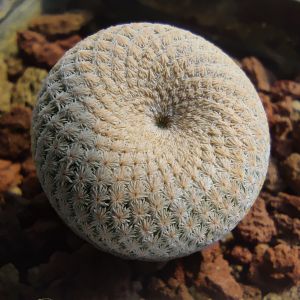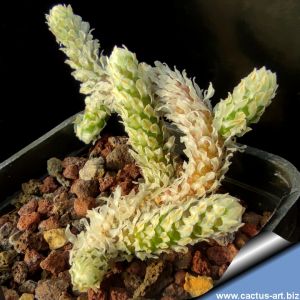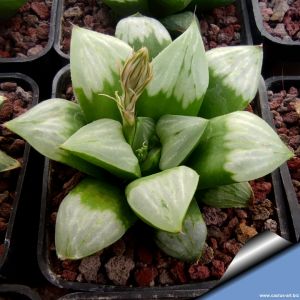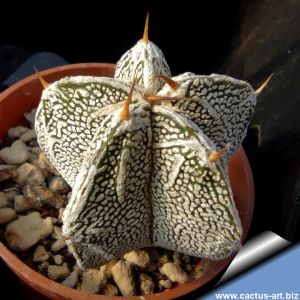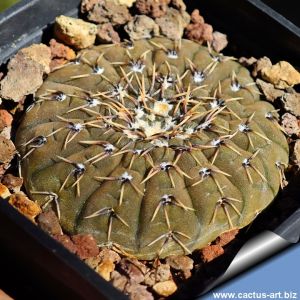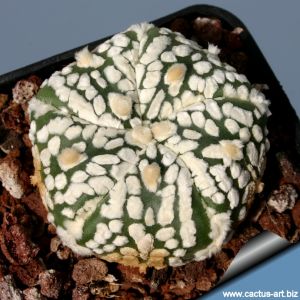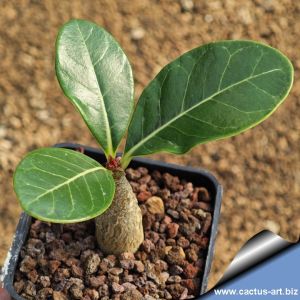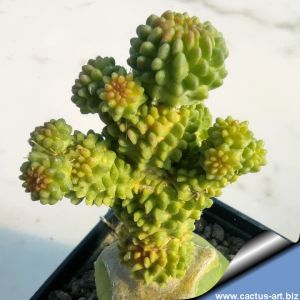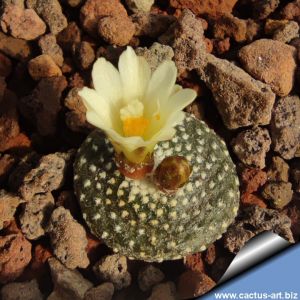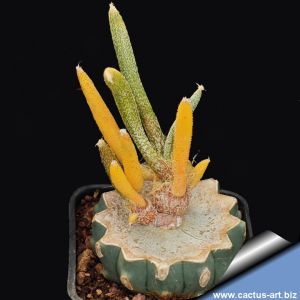-
x
Home page catalogo.
-
1Prezzo:30,00 €
-
2Prezzo:18,00 €
-
3Prezzo:25,00 €
-
4Prezzo:5,40 €
-
5Prezzo:25,00 €
-
6Prezzo:22,50 €
-
7Prezzo:19,90 €
-
8Prezzo:13,50 €
-
9Prezzo:27,50 €
-
10Prezzo:22,50 €
-
11Listino:12,00 €Prezzo:10,20 €Risparmi:1,80 € (15%)
-
12Listino:13,50 €Prezzo:11,47 €Risparmi:2,03 € (15%)
-
13Listino:9,90 €Prezzo:8,71 €Risparmi:1,19 € (12%)
-
14Prezzo:12,00 €
-
15Prezzo:12,00 €
-
16Prezzo:18,90 €
-
17Prezzo:5,50 €
-
18Prezzo:12,00 €
-
19Listino:18,90 €Prezzo:16,06 €Risparmi:2,84 € (15%)
-
20Prezzo:22,50 €
-
21Prezzo:23,00 €
-
22Listino:6,30 €Prezzo:5,55 €Risparmi:0,75 € (12%)
-
23Prezzo:13,00 €
-
24Prezzo:14,00 €
-
25Prezzo:13,20 €
-
26Prezzo:18,00 €
-
27Listino:16,50 €Prezzo:14,52 €Risparmi:1,98 € (12%)
-
28Prezzo:5,70 €
-
29Prezzo:7,00 €
-
30Prezzo:16,50 €
-
31Listino:4,80 €Prezzo:4,22 €Risparmi:0,58 € (12%)
-
32Prezzo:12,00 €
-
33Prezzo:16,50 €
-
34Listino:13,50 €Prezzo:11,88 €Risparmi:1,62 € (12%)
-
35Prezzo:22,50 €
-
36Prezzo:45,00 €
Promozioni
-
da lunedì 16 febbraio 2026 a domenica 22 febbraio 2026Cactus Art è lieta di presentarvi un'offerta speciale valida per un periodo limitato! Approfitta dello sconto del 12% su una vasta selezione di cactus. Affrettati, questa promozione è disponibile solo per questa settimana!
-
da lunedì 16 febbraio 2026 a domenica 22 febbraio 2026Per una settimana, approfitta di uno sconto del 12% su tutte le Euphorbie. Un'occasione semplice per arricchire la tua collezione di piante. L'offerta è valida fino al 16/11/2025.
-
da lunedì 26 gennaio 2026 a sabato 28 febbraio 2026SPEDIZIONE GRATIS SU ORDINI OLTRE 180€! Approfitta di questa offerta stellare per ampliare la tua collezione di cactus e piante grasse con un viaggio senza spese!. Offerta valida fino al 28 febbraio... poi vola via per sempre!
Vendita di cactus e piante succulente per corrispondenza.
La cactus art art è una piccola azienda a conduzione familiare che produce e vende esclusivamente per corrispondenza. Al momento le piante che possiamo fornire sono esclusivamente quelle indicate nel presente catalogo on-line.
SPEDIZIONE:
Il tempo di transito stimato è di 24–48 ore in tutta Italia. A discrezione del vivaio, in base alla stagione e alla tipologia di prodotto acquistato, può essere deciso di non spedire a ridosso del weekend per evitare soste prolungate nei magazzini logistici.
La spedizione viene generalmente effettuata entro 1–3 giorni dal ricevimento del pagament
IMBALLAGGIO: Tutte le piante sono spedite a RADICE NUDA. Uno dei punti di forza del vivaio è la cura con cui le piante sono imballate, con tecniche specifiche, studiate appositamente per questo tipo di prodotto.
SPEDIZIONE INTERNAZIONALE: Le piante possono essere ordinate da qualunque nazione, ma al amomento noi gatrantiamo una consegna solo verso le nazioni UE (European Union countries).


